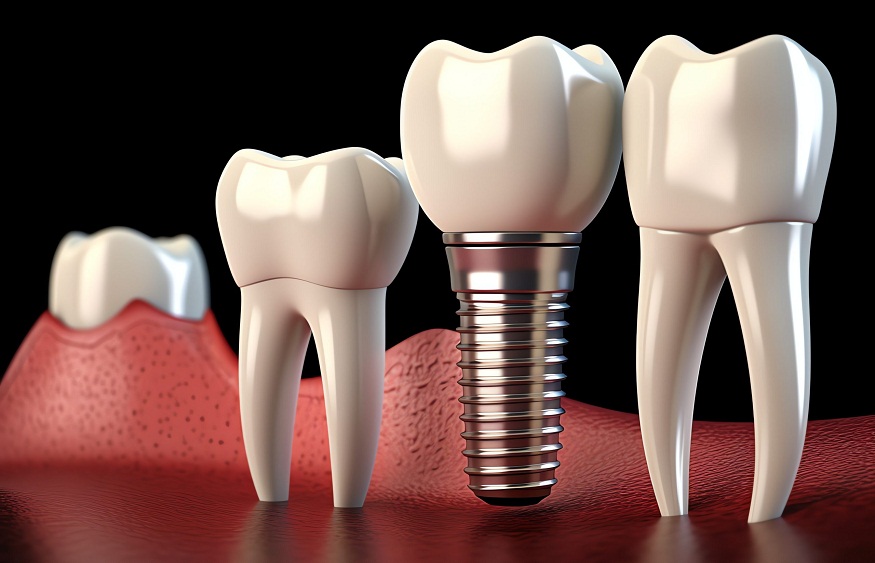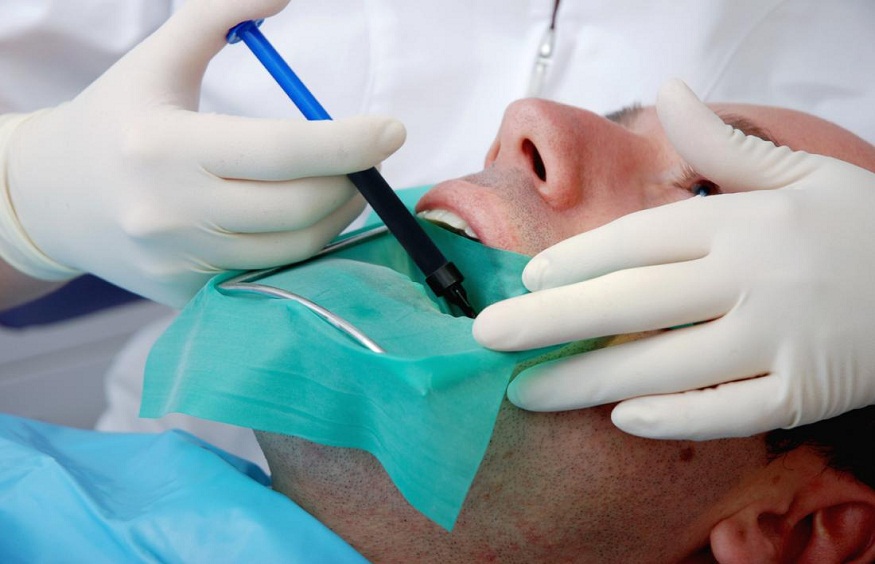Dental implants have become one of the widely accepted solutions in East Charlotte for restoring the problem of overall dental complaints of missing teeth. Dental implants are the most trusted solution for complete and partial tooth loss problems, and they have had a success rate of about 90 to 95 percent. However, despite having a high rate of success in implants, some cases might need to be corrected, which may result in various failures. If you want to have an implant, contact a dentist in East Charlotte, NC, for trusted treatment.
What are the complications one may face after dental implant surgery?
Here are some of the complications that may occur after the implant treatment.
1. Infection after the implant
Infection is the most typical type of complication during the time of implant. The cure for the condition may depend on the spot and severity of the infection. For instance, a bacterial infection in the gum can be cured using antibiotics. An infection in the gum bone of the teeth may be required to remove the implant or bone tissues.
2. Gum slumps around the implant.
In some cases, the person may feel a sensation around the implant. The gum tissue around the implant begins to degrade. The sensation of intense pain and inflammation can be felt. It is essential to visit the best doctor for the implant stage to avoid any removal of the implant.
3. Nerve and tissue damage
At times, due to the lack of experience, the dentists may place the implant too close to the nerve, which may cause pain, numbness, and tingling. Short-term and long-term symptoms are both common after the treatment of the implant. And the tissue or nerve damages require immediate action.
4. Damage due to force applied
Too much unnecessary force may lead to making the dental implant loose or causing it to crack.
People might sometimes apply too much force to the dental implant without even acknowledging the fact. If you are prone to some behavioral habits that may cause damage to the implant, you may use the mouthguard to avoid any sort of implant or natural teeth breakage.
Who can have dental implants?
Typically, dental implants are a good solution for people with severely damaged and decayed teeth. However, two main essential factors related to dental implants are success rate and suitability.
1. The success rate of the implant
The typical success rate of any dental implant is 90 to 95 percent, but sometimes, the dental implant may fail due to some reason. There usually are two types of failures after the implant. The first type is early failure, and the other one is late failure. The reduced success rate is among people having the habit of smoking or taking some sort of medication, causing various complications.
2. Suitability of the implant
The most crucial factor of dental implants is that they are not suitable for every person. To have the most probable chances of a dental implant, one must have good oral and physical health. Having a healthy jawbone and healthy gums are the most essential requirements for a healthy implant.
Frequently asked questions
Can genetic testing predict the success rate of successful implants?
Predictions of the success rate of dental implantation have yet to be used globally, but research on the ongoing treatments and planning for a successful implantation is still ongoing. Regular testing of the bone density or the healing process and speed of the tissue can give a probable sign of predictions for successful or unsuccessful dental implants.
Can lifestyle habits directly affect the genetic predictions of implant success rate?
Yes, definitely, all the significant factors for maintaining the best oral hygiene, having low diabetic chances, and avoiding smoking can seriously improve and add to the success rate of dental implants for any person.





